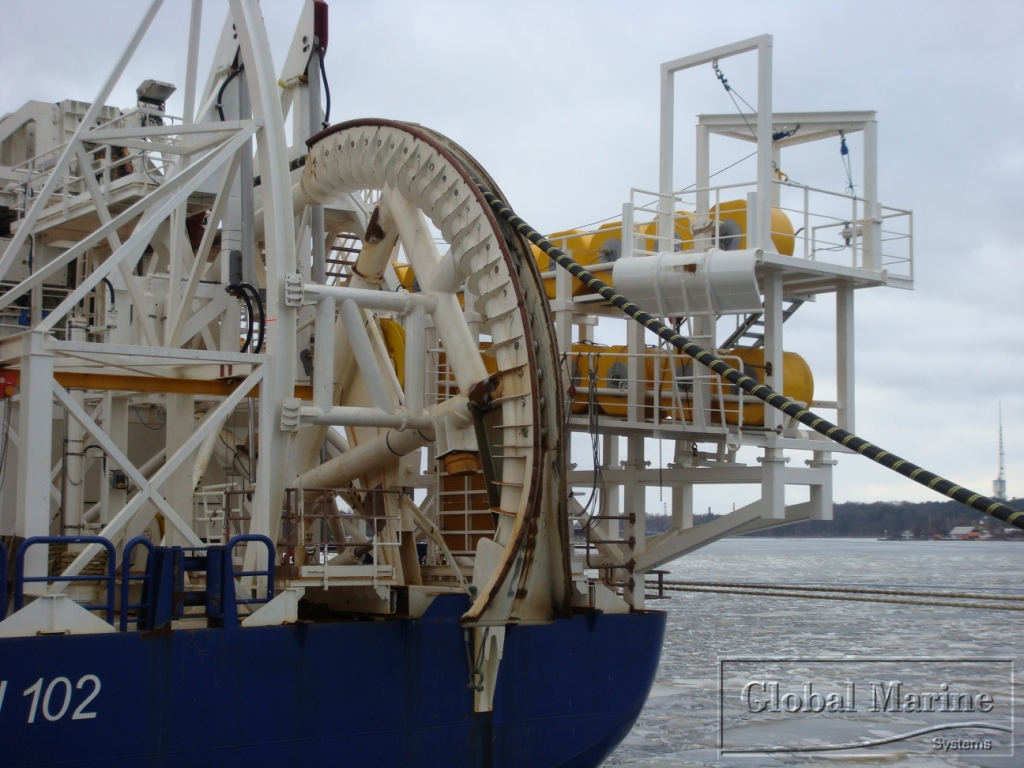Icelandic parliament backs further studies on UK cable
Without fully endorsing it just yet, the Icelandic Parliament has no recommended further analytical work to start as soon as possible to evaluate the benefits and costs for a planned power cable connection to the UK.
The Icelandic power sector and in particular the National Power Company (Landsvirkjun) have been promoting the idea of a subsea cable that would connect Iceland with the UK, and allow Iceland to supply and sell power into the UK market for now quite some time.
Called the “Icelink” in the UK, it could possible connect around 1,200 MW of hydro and geothermal power generation capacity to the UK as early as 2023.
There are mismatching estimates on pricing for the Icelandic power. Bloomberg Energy Finance estimates about GBP 86/ MWh our around $0.144/ kWh, while Landsvirkjun set up a “best guess” of GBP107/ MWh or around $0.179/ kWh. Both – so the source to this article – would present a better price than offshore wind power sold into the UK market.
But the cable also requires a substantial investment, of an estimated GBP 4 billion ($6.7 billion). Question is though if this would require additional power generation capacity to be built, which would mean additional investment.
One could actually do some top level calculation, estimating capacity factor, MWh transported and arriving etc … so one could look at a power sales volume of maybe around $1.4 billion per year.
There is so local opposition in Iceland as it is assumed that a cable would essentially increase the power cost for local households and businesses. At the Annual Meeting of Landsvirkjun, the CEO of the company, Hördur Arnason, said that a political consensus would be required as the risk would otherwise be too high.
In a decision now the, Industrial Affairs Committee of the Icelandic parliament now recommended further analytical work to start “as soon as possible”, according to Utility Week in the UK.
Source: Utility Week UK


















